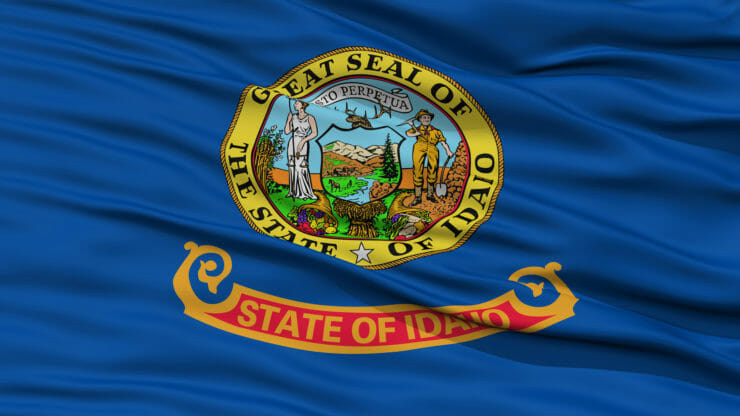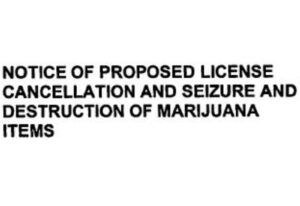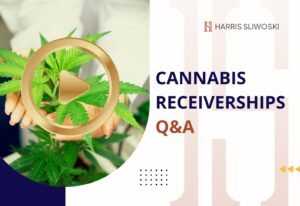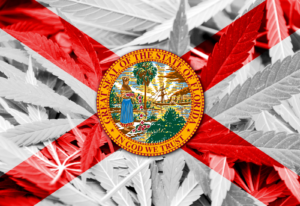
The Agriculture Improvement Act of 2018 (2018 Farm Bill) legalized hemp by removing the crop and its derivatives from the definition of marijuana under the Controlled Substances Act (CSA) and by providing a detailed framework for the cultivation of hemp. The 2018 Farm Bill gives the US Department of Agriculture (USDA) regulatory authority over hemp cultivation at the federal level. In turn, states have the option to maintain primary regulatory authority over the crop cultivated within their borders by submitting a plan to the USDA.
This federal and state interplay has resulted in many legislative and regulatory changes at the state level. Indeed, most states have introduced (and adopted) bills that would authorize the commercial production of hemp within their borders. A smaller but growing number of states also regulate the sale of products derived from hemp.
In light of the rapidly evolving legislative changes, we are also presenting a 50-state series analyzing how each jurisdiction treats hemp-derived cannabidiol (Hemp CBD). Today we turn to Idaho.
To put it bluntly, Idaho is probably the worst state in the country to get caught with hemp. Hemp cultivation is not legal, even after the passage of the 2018 Farm Bill. The state legislature considered House Bill 122 earlier this year. It would have allowed for the regulated cultivation of hemp. It stalled out in April.
Long before that bill failed, the Idaho Attorney General issued an informal opinion (see pages 132-134) on the legality of Hemp-CBD in 2015. He concluded that in almost all cases, the possession of any form of CBD, whether derived from marijuana or hemp, is illegal. According to the opinion, in Idaho, products containing CBD are only legal if the two following criteria are met:
- the substance cannot contain any THC; and
- the substance must be excluded from the definition of “marijuana” under Idaho Code § 37-2701(t)
Under Idaho Code § 37-2701(t), the only legal part of the cannabis plant, whether hemp or marijuana, are (a) mature stalks of the plant; (b) fiber produced from the stalks; (c) oil or cake made from the seeds or the achene of such plant; (d) any other compound, manufacture, salt, derivative, mixture, or preparation of the mature stalks; or (e) the sterilized seed of such plant which is incapable of germination.
For a CBD product to be legal in Idaho and it must be totally THC free and must come from one of the five categories mentioned above. It doesn’t matter whether the CBD was derived from hemp or marijuana. If derived from anything other than the seeds or stems of the cannabis plant, it is illegal.
Stems and seeds aren’t going to have high levels of CBD or any other cannabinoids so really this just means that CBD is pretty much outlawed in Idaho with one notable exception: Idaho allows for FDA-approved CBD, such as that found in Epidiolex. The Idaho Office of Drug Policy’s webpage on CBD Drug Policy indicates that Idaho’s position on CBD has not changed as of June 2019 and that the informal opinion from 2015 is still followed.
Idaho’s opposition to hemp goes beyond the informal opinion as Idaho has recently seized hemp shipments traveling through the state. On August 28, 2019, the Ninth Circuit Court of Appeals heard oral arguments in Big Sky Scientific, LLC v. Jan Bennetts, on appeal from the District of Idaho. We wrote about that case in great detail here.
The case involved the Idaho State Police’s seizure of 6,700 pounds of industrial hemp biomass cultivated lawfully in Oregon that was on its way to Colorado for state-lawful processing. The appeal involved the denial of Big Sky’s preliminary injunction by the state court. Big Sky moved for a declaratory judgment stating that Idaho Police improperly seized Big Sky’s hemp in light of the 2018 Farm Bill’s and a preliminary injunction requiring police to return the hemp. The District Court issued an Order denying relief to Big Sky stating that it’s not clear that the 2018 Farm Bill, which prohibits states from interfering with shipments of legal hemp, provides protection for hemp grown under the 2014 Farm Bill. Because the USDA has not approved any state-level hemp cultivation plans under the 2018 Farm Bill, all hemp in the US is grown under the 2014 Farm Bill. In other words, all hemp shipments are at risk of seizure if they pass through Idaho.
The Ninth Circuit indicated that it believes federal jurisdiction may have been improper, meaning the case may ultimately be dismissed on procedural grounds. Even if Big Sky is unsuccessful here on procedural grounds, it’s worth noting that the USDA’s opinion is that Idaho should not have seized this hemp under the 2018 Farm Bill.
One day Idaho will come around and stop fighting hemp farmers who are merely shipping products through the state. For now, Idaho is one of the worst states on hemp. If you are a stakeholder in this industry, avoid Idaho at all costs.























